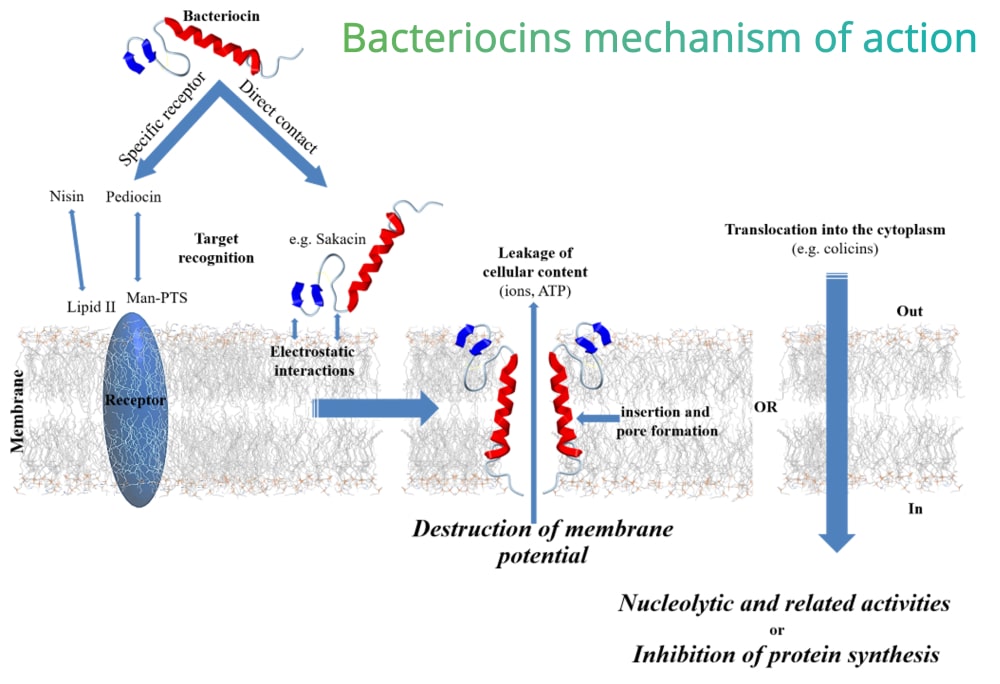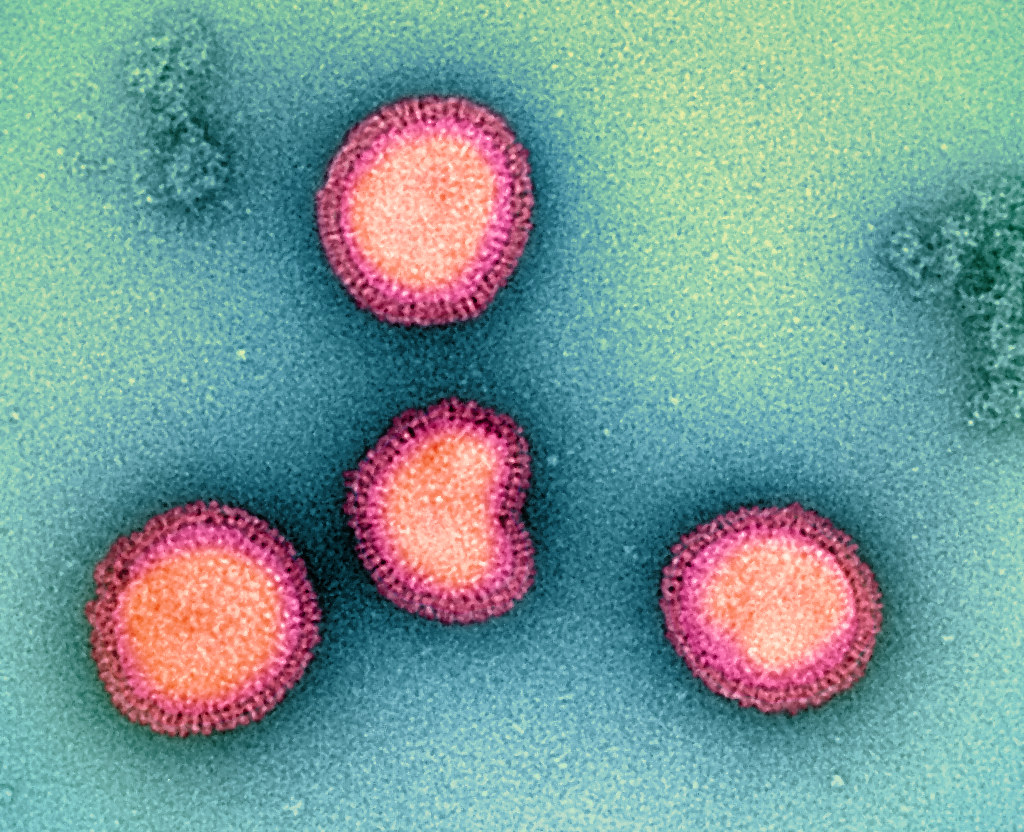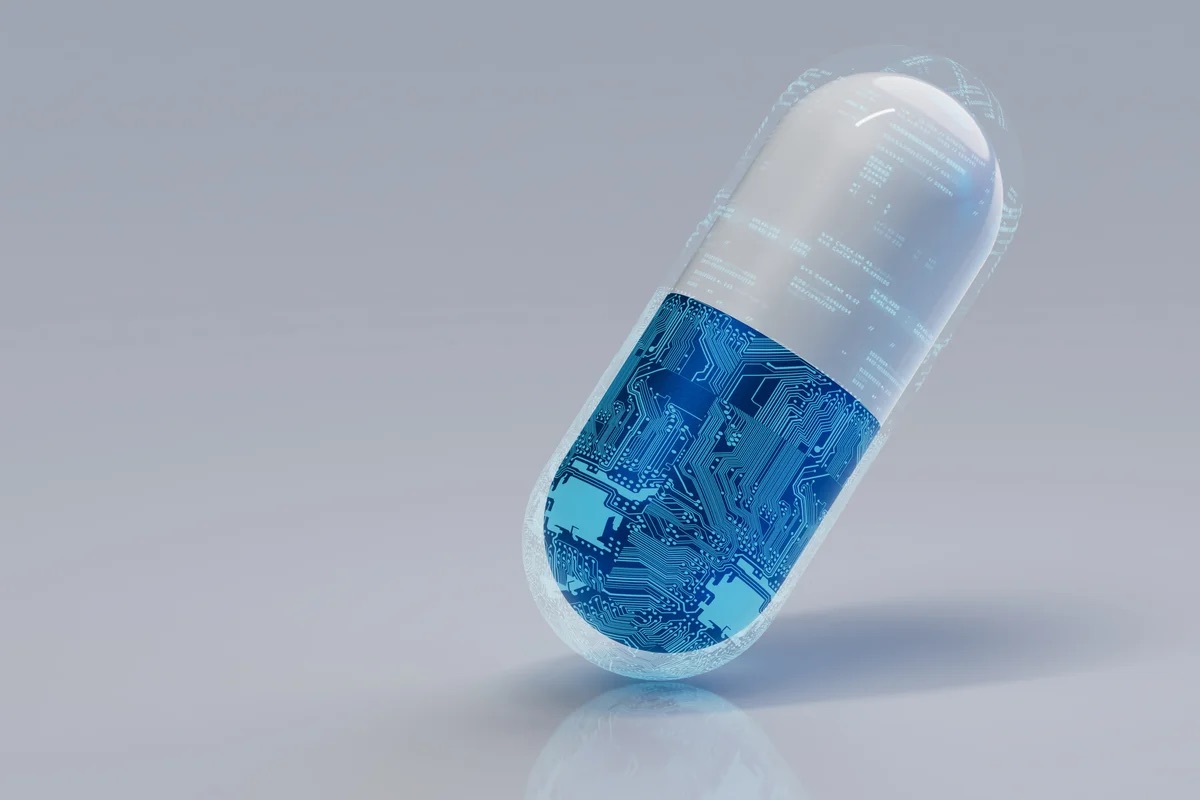Bacteriocins a potential alternative to antibiotics

Bacteriocins, also known as antimicrobial peptides, are produced naturally by bacteria. Bacteriocins have antimicrobial activity against bacteria closely related to the producer strain in order to protect their ecological niche.
AMPs are ribosomally synthesized by gram-positive (Lactobacillus, Lactococcus, Streptococcus, Enterococcus, Leuconostoc, Pediococcus, and Propionibacterium), gram-negative (Escherichia coli, Shigella, Serratia, Klebsiella, and Pseudomonas), and archaea.
The principal mode of action is to target a certain type of bacteria to degrade its cell membrane (loss of water and electrolytes and change in osmolarity will kill bacteria).
Bacteriocin has historically been used in the food industry to avoid the colonization of unwanted bacteria. But now that broad-spectrum antibiotics are showing a lack of efficacy, the narrow spectrum of bacteriocin has shown interest in the development of therapy. AMP enters along with bacteriophage therapy to the arsenal of alternatives to tackle antimicrobial resistance.
This study allows us to learn more about the potential bacteriocins.
Catégories
Pagination
- Page 1
- Page suivante
Archives
- mars 2025 (1)
- mai 2024 (1)
- avril 2024 (2)
- septembre 2023 (1)
- août 2023 (1)
- mai 2023 (1)
- avril 2023 (2)
- février 2023 (1)
- décembre 2022 (1)
- octobre 2022 (1)
- juin 2022 (1)
- mai 2022 (3)
- avril 2022 (1)
- février 2022 (2)
- janvier 2022 (3)
- décembre 2021 (2)
- novembre 2021 (1)



